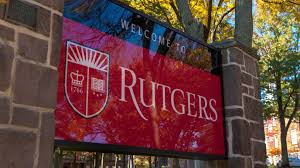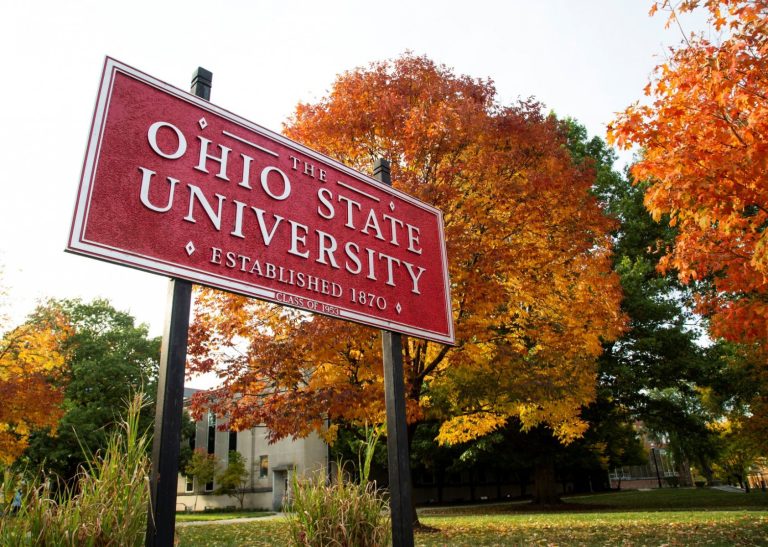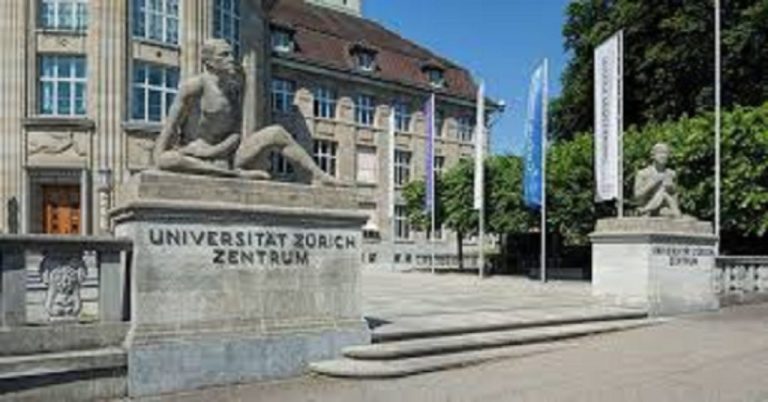Thermonuclear fusion is one of very few long-term solutions for a sustainable base load electricity production negligible environmental impact and minimal security and safety concern. We are now looking for a new team member to join our research team to help advance the understanding of turbulence and transport in the plasma under reactor conditions – a critical part in the design and exploitation of the next step fusion experiments.
About the research group
The Plasma Physics and Fusion Energy group (PPFE) part of the Astronomy and Plasma Physics division at the Space, Earth and Environment department, focuses on modelling, simulation, and analysis of tokamak plasmas. Our work contributes to establishing a predictive capability for turbulent transport in fusion-grade plasmas and validating models based on current experiments. The group collaborates extensively with major fusion devices and contributes to developments for both the ITER experiment and the design of the demonstration reactor, DEMO. Our activities are fully integrated within the EUROfusion framework, and we actively engage in the development of open data access for fusion experiments and modelling.
Main responsibilities
The successful candidate will perform simulations using advanced modelling tools to support scenario development for fusion-grade reactors. Our research is focused on two complementary areas:
- Integrated modelling of plasma scenarios
- Analysis of turbulent transport using gyro-kinetic models
These efforts are interconnected through the use and development of reduced quasilinear models for predictive modelling, including TGLF, QuaLiKiz, and EDWM. By validating turbulent transport models with existing experimental devices and first-principles modelling, we aim to extrapolate these models for use in future reactors.
You will work in a highly international research environment, collaborating with major fusion experiments across Europe and beyond. The position offers the opportunity to develop your own research ideas and tackle scientific challenges through international collaborations. The role may also involve some supervision of student projects.
Qualifications
To qualify for this postdoctoral position, you must hold a doctoral degree in a relevant field (such as electrical engineering, computer science, physics, or similar) awarded no more than three years prior to the application deadline. Experience in computational methods and programming is required.
It is meritorious if you have experience with:
- Integrated modelling frameworks (e.g., ETS, JINTRAC, or ASTRA)
- Gyro-kinetic theory/codes and quasi-linear transport codes
You should also demonstrate:
- Some familiarity with teaching
- Strong potential in research and education
- Excellent written and verbal communication skills in English (Chalmers offers Swedish language courses)
Contract terms
This is a full-time, temporary position with an initial contract of two years, with the possibility of a one-year extension, depending on available funding.
We offerChalmers offers a cultivating and inspiring working environment in the coastal city of Gothenburg.
Read more about working at Chalmers and our benefits for employees.
Chalmers aims to actively improve our gender balance. We work broadly with equality projects, for example the GENIE Initiative on gender equality for excellence. Equality and diversity are substantial foundations in all activities at Chalmers.
Application procedure
The application should be marked with 20240525 and written in English. The application should be sent electronically and be attached as PDF-files, as below. Maximum size for each file is 40 MB. Please note that the system does not support Zip files.
CV: (Please name the document as: CV, Surname, Ref. number) including:
• CV, include complete list of publications
• Previous teaching and pedagogical experiences
• Two references that we can contact.
Personal letter: (Please name the document as: Personal letter, Family name, Ref. number)
1-3 pages where you:• Introduce yourself• Describe your previous research fields and main research results• Describe your future goals and future research focus
Other documents:
• Attested copies of completed education, grades and other certificates.
Use the button at the foot of the page to reach the application form.
Please note: The applicant is responsible for ensuring that the application is complete. Incomplete applications and applications sent by email will not be considered.
Application deadline: 22 November, 2024
For questions, please contact:
Pär Strand, AoP(SEE)
par.strand@chalmers.se
+46 31-7721514
*** Chalmers declines to consider all offers of further announcement publishing or other types of support for the recruiting process in connection with this position. ***
Chalmers University of Technology in Gothenburg conducts research and education in technology and natural sciences at a high international level. The university has 3100 employees and 10,000 students, and offers education in engineering, science, shipping and architecture. With scientific excellence as a basis, Chalmers promotes knowledge and technical solutions for a sustainable world. Through global commitment and entrepreneurship, we foster an innovative spirit, in close collaboration with wider society.
Chalmers was founded in 1829 and has the same motto today as it did then: Avancez – forward.



